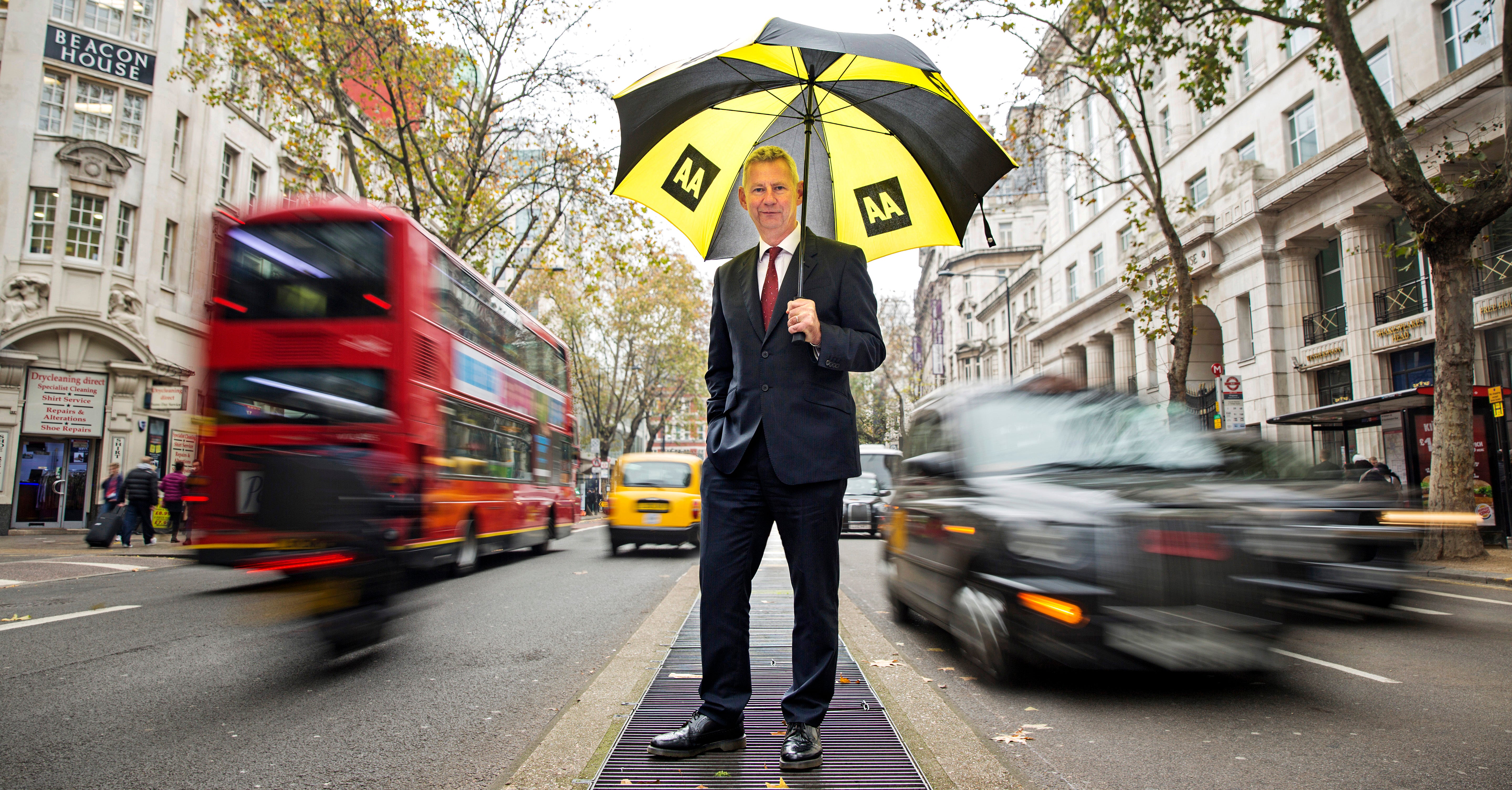This website uses cookies so that we can provide you with the best user experience possible. Cookie information is stored in your browser and performs functions such as recognising you when you return to our website and helping our team to understand which sections of the website you find most interesting and useful.

Cycle and walk more, drive less and consider if you need a second family car: that manifesto for transport post-pandemic is not from an environmental group but from the president of the AA.
Edmund King, who has led the Automobile Association since 2008, has told The Independent of a three-point plan to improve life for travellers as well as protecting the environment.
“The first thing to think about is the commute,” he said.
“In the past people would work nine till five. Everyone would get into their car, onto the train, onto the buses, on to the Tube, all at the same time.
“We have found that you don’t necessarily have to do that, and you can still work.
“When we get back, can we work one, two or three days a week? That would have a massive effect on reducing congestion and pollution, and it would be better for our well-being.”
Critics say that the collapse of commuting has led to the centres of many UK cities, including London, Birmingham, Leeds, Manchester, Edinburgh and Glasgow, becoming ghost towns – and that only a resurgence in commuting can fuel the metropolitan economy.
But Mr King said: “To balance that, it’s also helped a lot of local economies in towns and villages where people live. It’s actually meant that the people working from home are using those facilities.
“If people are working from home two or three days a week, that can still contribute to the economic in the cities. It’s getting that balance right.”
His second proposal is on changing habits in favour of shorter, greener journeys.
“Most of us have learnt in lockdown you don’t need to drive a long way to get your shopping, carry out essential services,” the AA president said.
“There are lots of things that can be done locally. So think local after lockdown and to consider that you don't have to always make those long trips.
“You can walk, you can cycle. And one of the good things during lockdown is seeing far more people cycling.
“So when this all passes, hopefully some of us can think about not being so dependent on the car and using the best means for the best journey.
“Often that's using two feet or two wheels.”
When the AA began in 1905, it employed teams of cyclists who "through a combination of signals and salutes, assisted drivers to stay safe on the roads and avoid punitive penalties,” according to the organisation.
Even in the 1920s, the majority of patrolmen were on bikes.
Motorists’ friends: AA patrolmen in 1914
(The AA)
Mr King predicted the number of multiple-car households could decline.
“Lots of people have second cars, and during lockdown they’ve realised that, actually, having more than one car can be a bit of a pain,” he said.
“My third tip is: think electric. Range is not so much of an issue now. There was a lot about ‘range anxiety’ before lockdown, but most people realise, if you've got a range of 200 miles – which is just about the minimum nowadays – that will do for a lot of people.
“Many people could relatively easily switch to electric, particularly if they’ve got a driveway, or a garage, or off-street parking.”
The government says that sales of new petrol and diesel cars will end in the UK by 2030.



 Africana55 Radio
Africana55 Radio 
